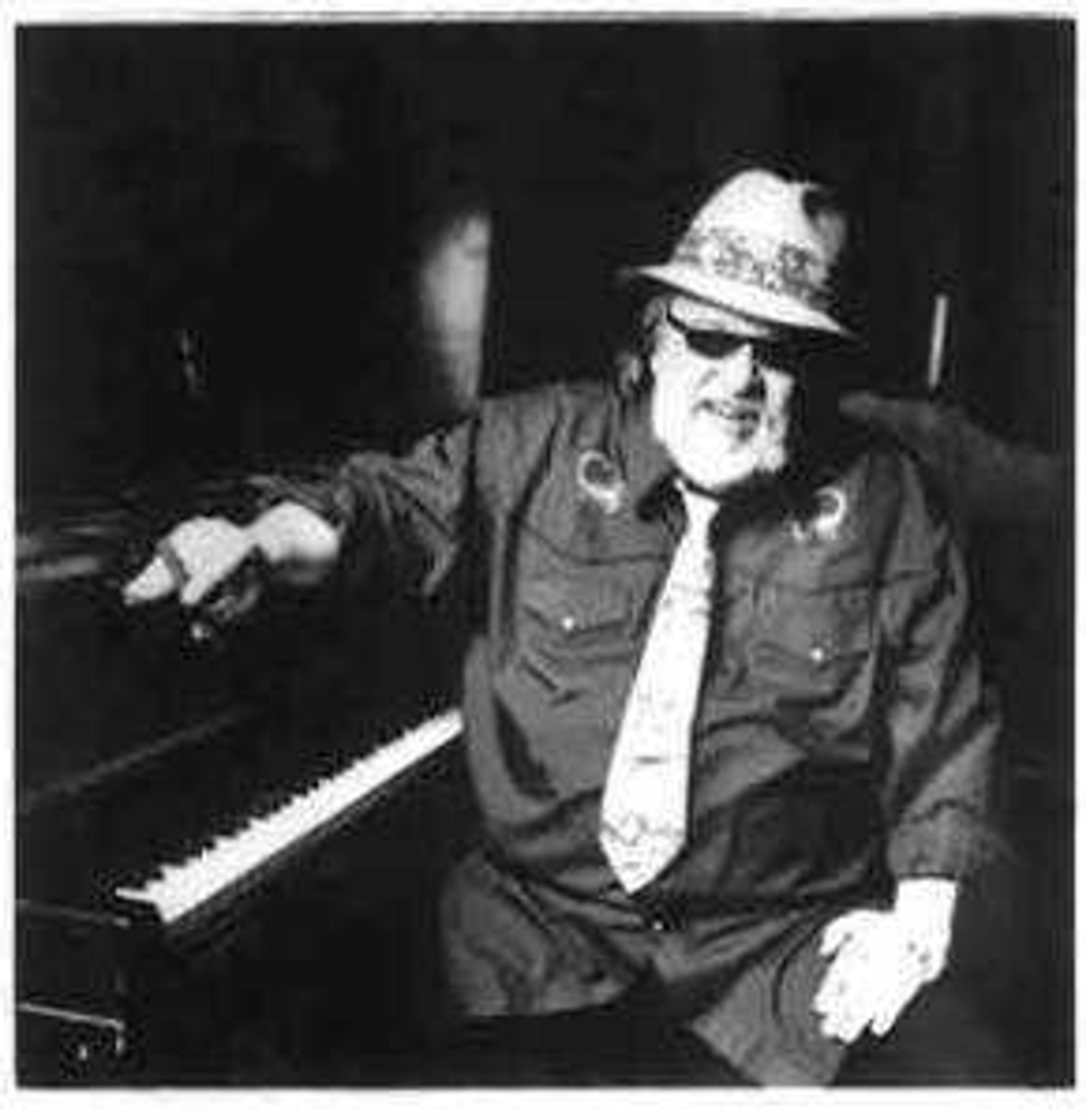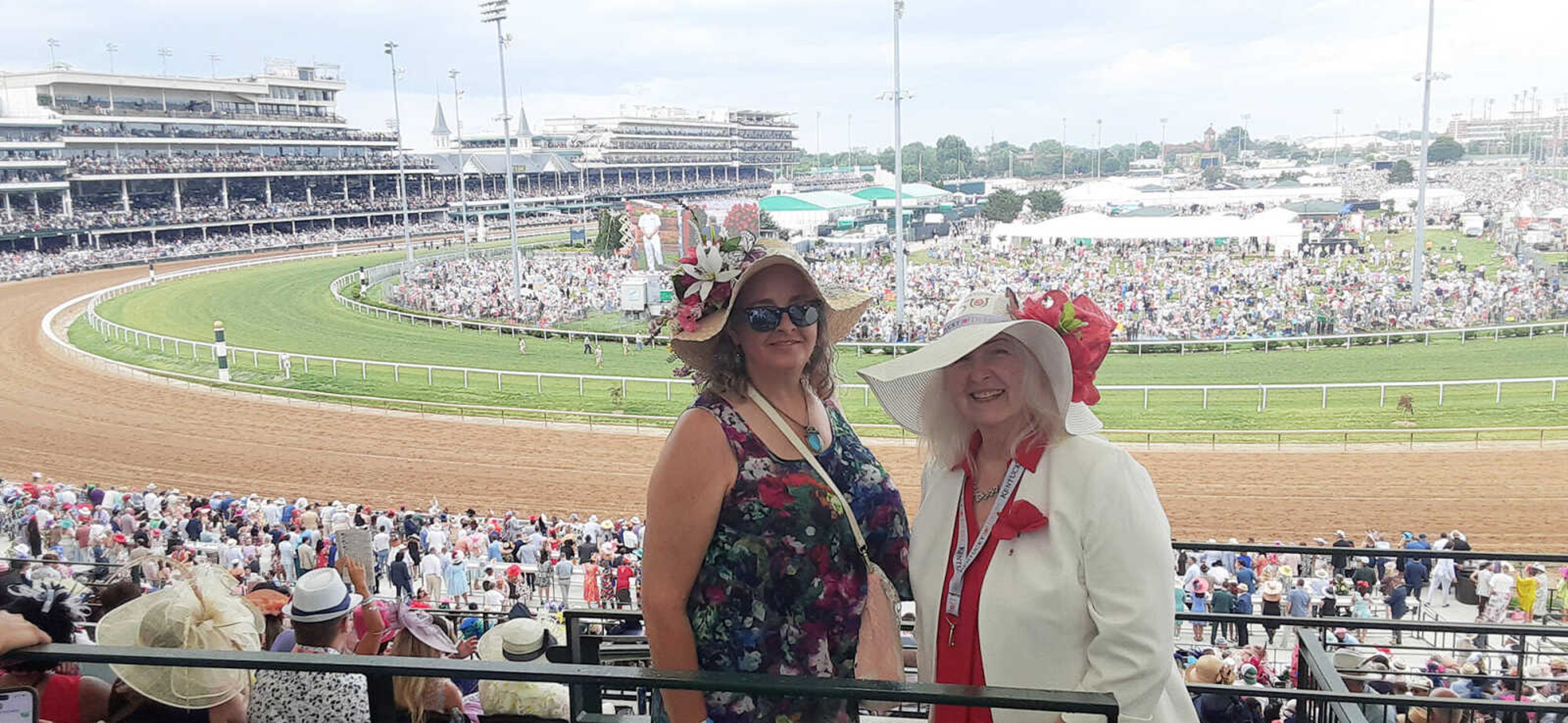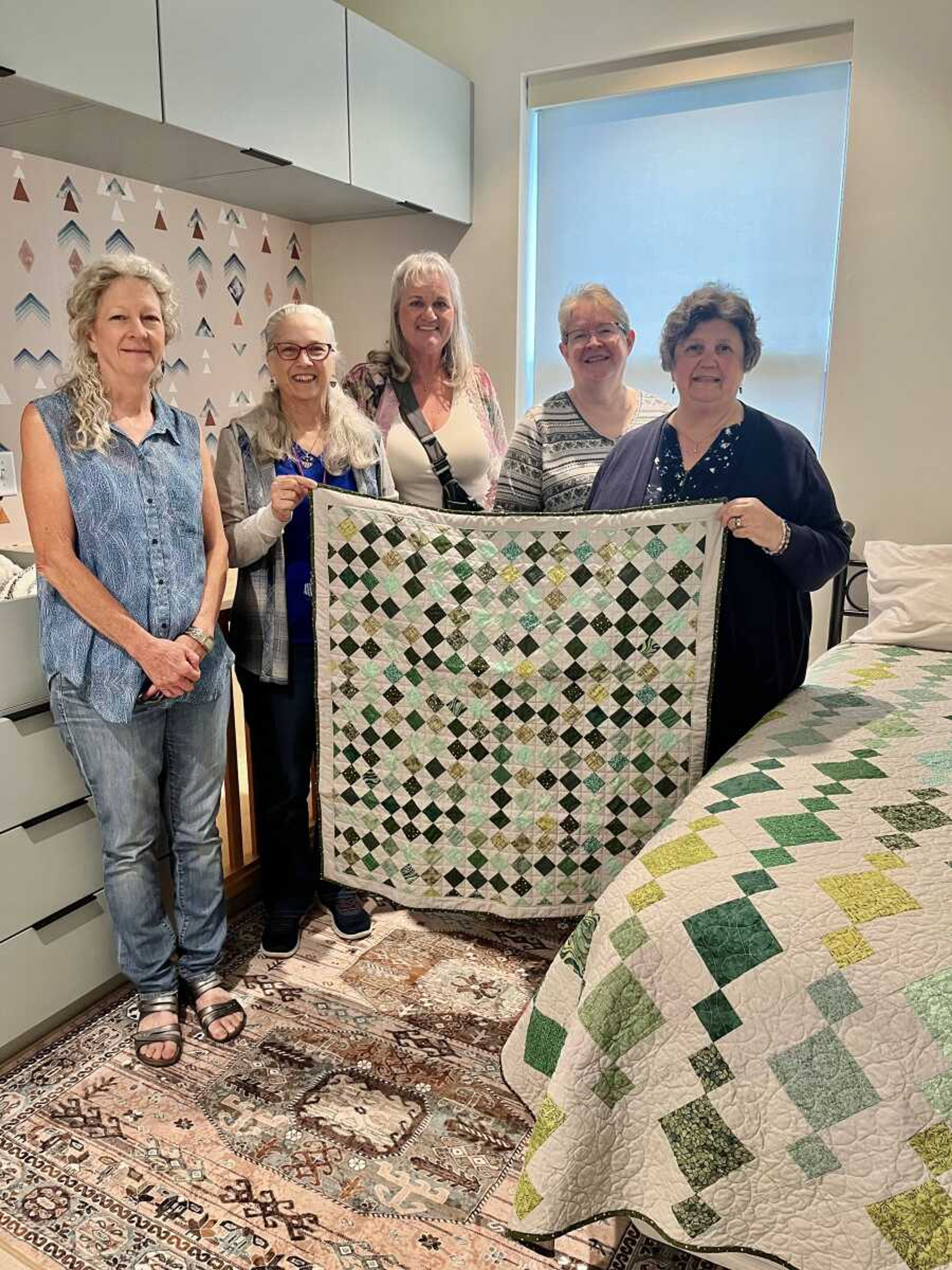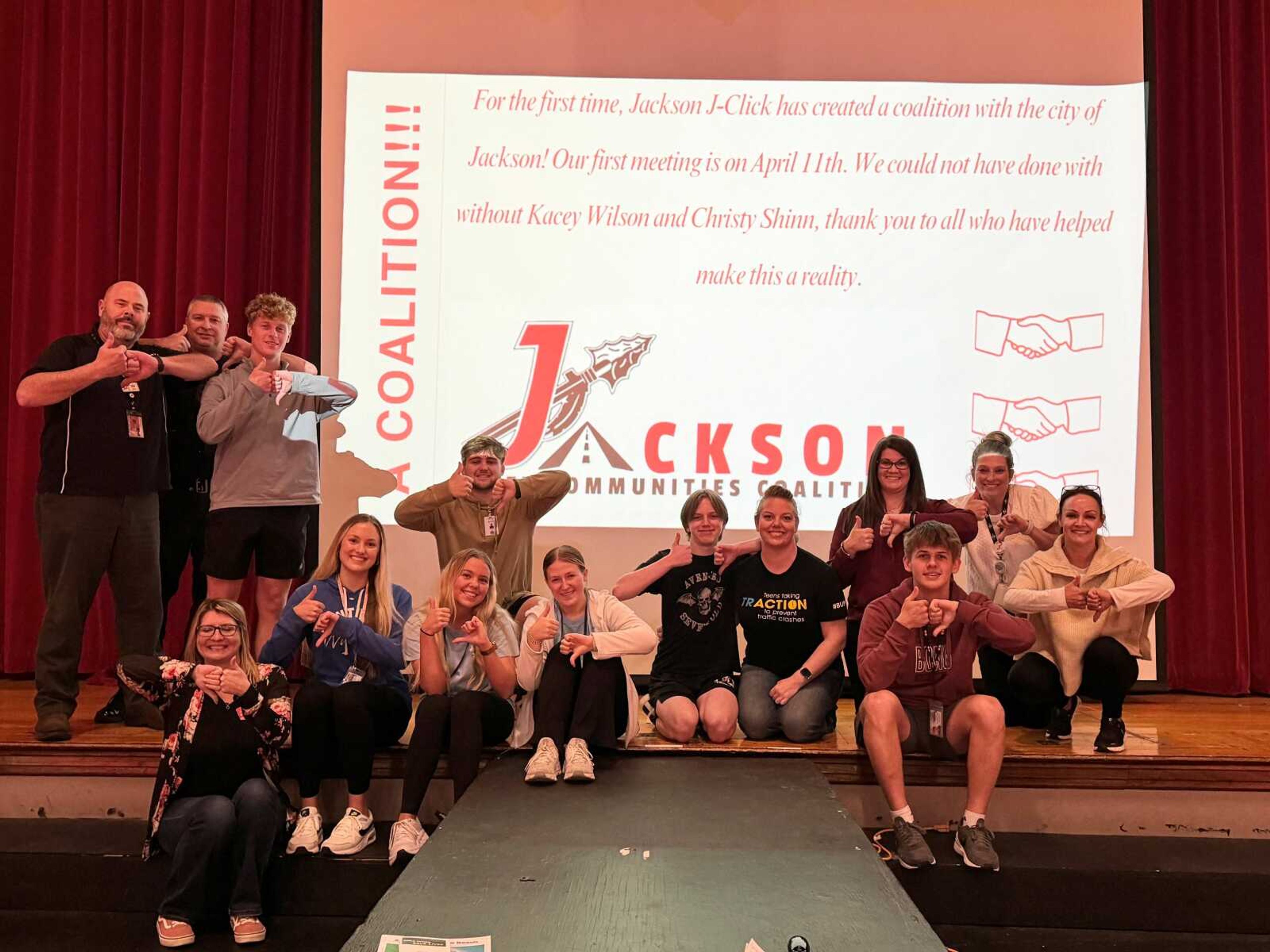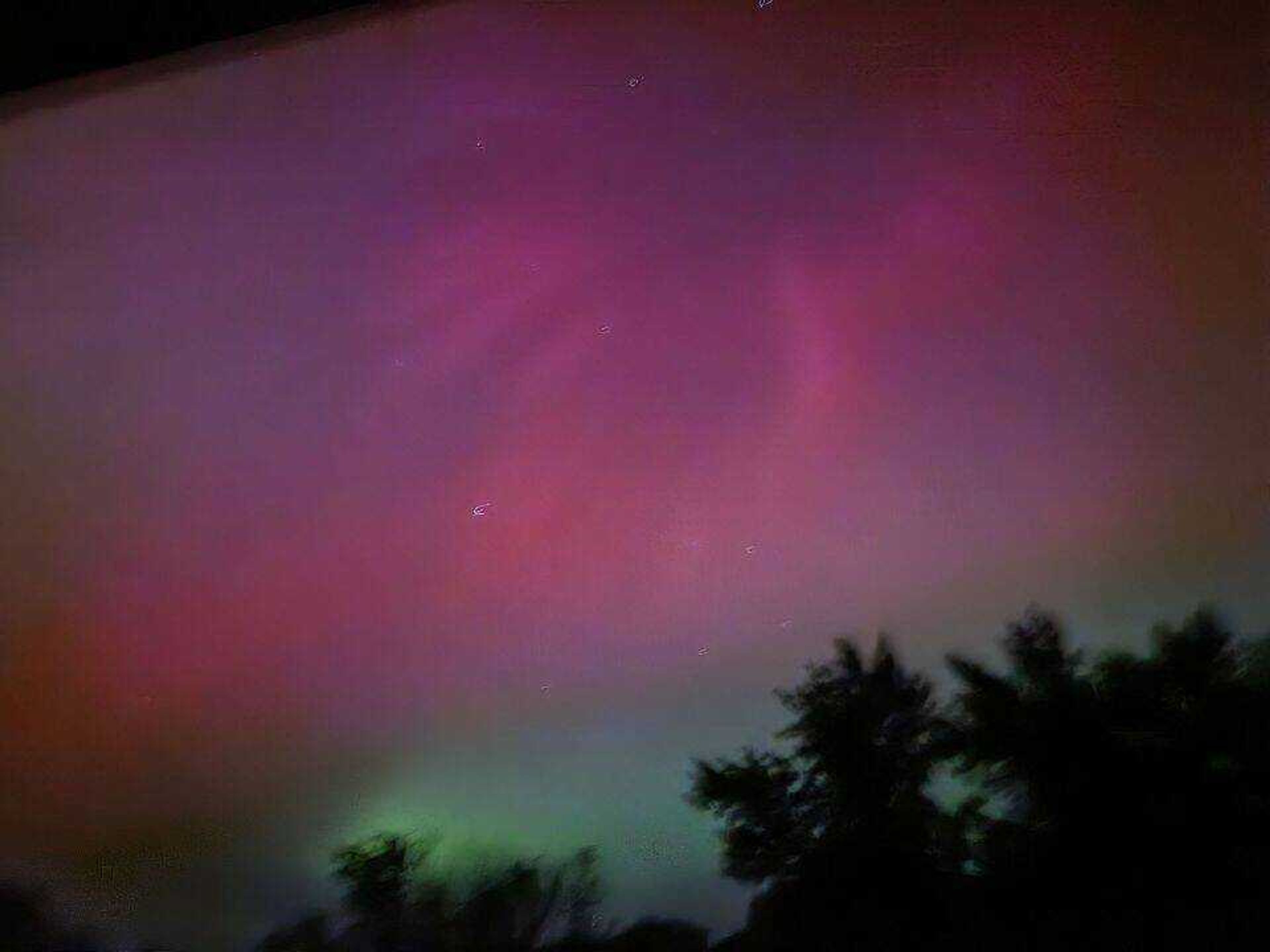Jim Dickinson: Farewell to a True Memphis Icon
Jim Dickinson: Farewell to a True Memphis Icon: by Andy Tanas "Memphis is about making chaos out of seeming order." Jim Dickinson-It Came From Memphis by Robert Gordon I believe it would be safe to say that most of us in the Memphis music community share a deep sadness over the passing of local legend, Jim Dickinson. Dickinson was recovering from a recent heart surgery and died peacefully in his sleep early Saturday morning at 67...
Jim Dickinson: Farewell to a True Memphis Icon: by Andy Tanas
"Memphis is about making chaos out of seeming order."
Jim Dickinson-It Came From Memphis by Robert Gordon
I believe it would be safe to say that most of us in the Memphis music community share a deep sadness over the passing of local legend, Jim Dickinson. Dickinson was recovering from a recent heart surgery and died peacefully in his sleep early Saturday morning at 67.
I've spent the last few days online reading articles, obituaries and viewing You Tube vids that covered most of the highlights of Dickinson's colorful career. Notably, his days as a Dixie Flyer session player, memorable contributions to The Rolling Stones, Ry Cooder and Bob Dylan, producing The Replacements and my personal favorite, Big Star's "Third/Sister Lovers." Ironically, Jim's solo projects will probably received more recognition in death than when he was here with us, but he probably saw that coming.
Something disturbed me about Dickinson's passing and sent my personal sadness into a double whammy of sorts. It dawned on me that Jim Dickinson was one of the last true Memphis icons that symbolized what this area is all about. Why this was overlooked in most of the pieces I read is beyond me, but on the other hand, unless you're from here you may not know what that symbolism is all about.
Memphis and Mid-South music has always had a reputation for colorful, defiant misfits. That element coupled with cultural, spiritual and ethnic diversity gave the world what's commonly known as that "Memphis thang." Elvis, Jerry Lee Lewis, Sam Phillips, Rufus Thomas, Al Green and Isaac Hayes are shining examples of what I'm talking about. Jim Dickinson shied away from that sort of fame, but was just as much an integral part of the mix only in a very different way.
Born Nov. 15, 1941 into a musically entrenched family, Dickinson caught that first earth-shattering wave of rock and roll and rhythm and blues at about twelve or thirteen and stayed true to those roots until the end. Well-versed on piano, vocals and guitar, it only made sense that Jim ended up playing in bands by the mid-sixties. Along the way, spent some time studying drama at Baylor University in Texas, picked up a degree at Memphis State University and married Mary Lindsay Andrews.
To avoid any pretentious trappings later, I need to confess that I didn't know Dickinson well at all. I met him briefly at a music store I worked at in 1974. He wandered in one frigid day looking around and didn't stay long. We met, exchanged some words and he left shortly after that. Kind of an unassuming guy dressed in an eccentric art student manner, but not too much out of the norm for the MSU area. A coworker had to clue me in on who he was.
I knew the people he'd done sessions with, but when informed that he was a member of Mud Boy and the Neutrons, I freaked. Formed in 1972, Jim Dickinson, Lee Baker, Sid Selvidge and Jimmy Crosthwait made up MBN. Although a cover band that did mostly obscure blues tunes and not known for doing a lot of gigs, the few were controversial and had a huge buzz all over town. I'd seen Lee Baker play with Moloch at a battle of the bands back in junior high. That memory was stayed alive and well with me since. Sid Selvidge came from the folk/acoustic side with this gorgeous falsetto voice. Jimmy Crosthwait is/was known as one of the best puppeteers around and played washboard.
I never saw the band, but heard tales about sharing the bill with Furry Lewis, outlandish costumes and rhetoric that would embarrass a hooker. That band made such an impact on the local scene, guest appearances and reunions were common for years to come not to mention scores of bands that tried to follow in their footsteps. For as legendary as Mud Boy and the Neutrons were, the best of Jim Dickinson was yet to come.
Over the years, I kept up with Jim through friends as much as possible, but fell out of that loop by the early eighties. Towards the end of that decade, if other players found out I was from Memphis, the first question was if I knew Jim Dickinson. That
lead to long discussions about Dickinson's production work with Big Star and The Replacements.
Most artists that worked with Jim will tell you that the beauty of his production is how little he actually does. Dickinson's approach was more out to capture art rather than tearing it down and rebuilding to the producer's or record label's specifications. Dickinson produced FreeWorld's latest CD "From the Bluff." Bassist/vocalist, Richard Cushing recalls "Jim was definitely the producer and was there to facilitate the record. He was so relaxed with us, producing, but not producing. Almost as though we were producing ourselves with Jim acting more as a guide."
For some quintessential Jim Dickinson, read the "production manifesto" from the zebraranch.com site for his insight on what production is all about.
In recent years, Dickinson became brutally verbal about our local music scene and especially about the tourist trap commercialization of Beale Street and lack of genuine blues. Robert "Nighthawk" Tooms was a close friend to Jim and sent me this.
"They have changed the once magical musical experience that was Beale Street into a generic alcohol experience that can be duplicated anywhere in the world."
-Jim Dickinson
As brutally honest as Dickinson was at times, the truth hurts, but intentionally meant to set you free.
Dickinson could have made a decent living playing the blues regularly on Beale Street being one of the closest connections we had to that genre. Instead, he saw it for what it is and stayed true to his convictions.
For me, Jim's defiance is in the same vein as a young Elvis defending his stage moves as "doing nothing wrong." Or, Jerry Lee declaring that marrying his thirteen-year-old cousin was a common practice down south with that defiant, devilish grin on his face. Or Sam Phillips never admitting or regretting that selling Elvis's contract to RCA for a menial amount was a mistake. When Jim Dickinson left this earth last Saturday morning, one of the last true Memphis rebellious spirits went with him.
I've always been fascinated with Jim Dickinson since his Mud Boy days. The more I read and heard from Jim, the more he became a hero to me. Richard Cushing pointed out that a lot of people complain about the shortcomings of our local scene. Most come across as whining. Jim Dickinson cut right to the point and called it what it is, but had answers to fix it and never gave up on it. He praised Memphis' best of the best constantly.
Depending on whom you talk to, people close to Jim will tell you he was a sweet soul, passionate about his art and Memphis music who's entire world revolved around his family. Others will say at times, that soul was viciously confrontational particularly in regard to anything that went against his core beliefs. It was pretty obvious that he mellowed considerably after the brutal murder of his close friend, Lee Baker in 1996 becoming more of a wise sage to those around him.
Dickinson left a treasure chest of great music true to what Memphis is all about. Although, his greatest legacy would easily be his sons, Luther and Cody Dickinson of the North Mississippi All Stars. I met them both when Cody played drums on my CD back in 1998. I tried to shy away from too much talk about their dad for fear of that "sons in the shadow of their father" syndrome. Instead, what I got was a slight grin and a gleam in their eyes every time I mentioned his name. I expected crazed, hill country white boy bohemians and what I saw were very polite and respectful boys that loved and admired their dad. Be proud Jim...you did good.
I had several chances to meet Jim Dickinson over the years, but chose not to. I perceived him as one of those colorful, animated Memphis characters that kept the outside world fascinated with us as creative artists. If I'd seen or heard anything that contradicted that from him, it would have broke my heart. This happened after working briefly for Jerry Lee Lewis as a sound guy in 1975. Sadly, it changed the way I looked at him forever.
We're running low on iconic figures like Jim Dickinson around here. Whatever changes our local society has gone through over the last four decades has tamed or beat us down and dulled that edge that made us what we once were. Richard Cushing laid it out plain and simple, "Jim was an iconoclast or shaman, maybe both."
There's some amazing You Tube video of Jim back in May at Minglewood Hall. Jim was in rare form while setting up the inspiration for the song "Hitler Lives" and dispelling the myth that it had anything to do with Aryan Nation idealism. These will have to serve as Jim's swan song. Sadly, there's also a video of a show back in May at Otherlands with Jim performing "Buffalo Skinner" barely audible due to how loud and disrespectful the crowd was...almost, as if Jim Dickinson was human Muzac.
Maybe, I just summed up the situation here in Memphis as it is. Because Jim Dickinson stayed true to his art, that came with a price. There are medical bills that piled up and some recent fund-raisers held to try and ease that burden. If Bob Dylan and The Stones sincerely felt Dickinson was one of their own, I'm hopeful they'll man up and help a "brother" out any way they can. The Memphis Music Commission did their part and much love to you for it.
Regardless, we're so indebted to Jim Dickinson for keeping that colorful, Memphis spirit alive and well for so many years. Other than your presence here, you'll be missed deeply in so many ways.
Written by Andy Tanas the former bassist for Krokus and Black Oak Arkansas. Now lives, writes, and preforms in Memphis. (cabala submited)
Connect with the Southeast Missourian Newsroom:
For corrections to this story or other insights for the editor, click here. To submit a letter to the editor, click here. To learn about the Southeast Missourian’s AI Policy, click here.

